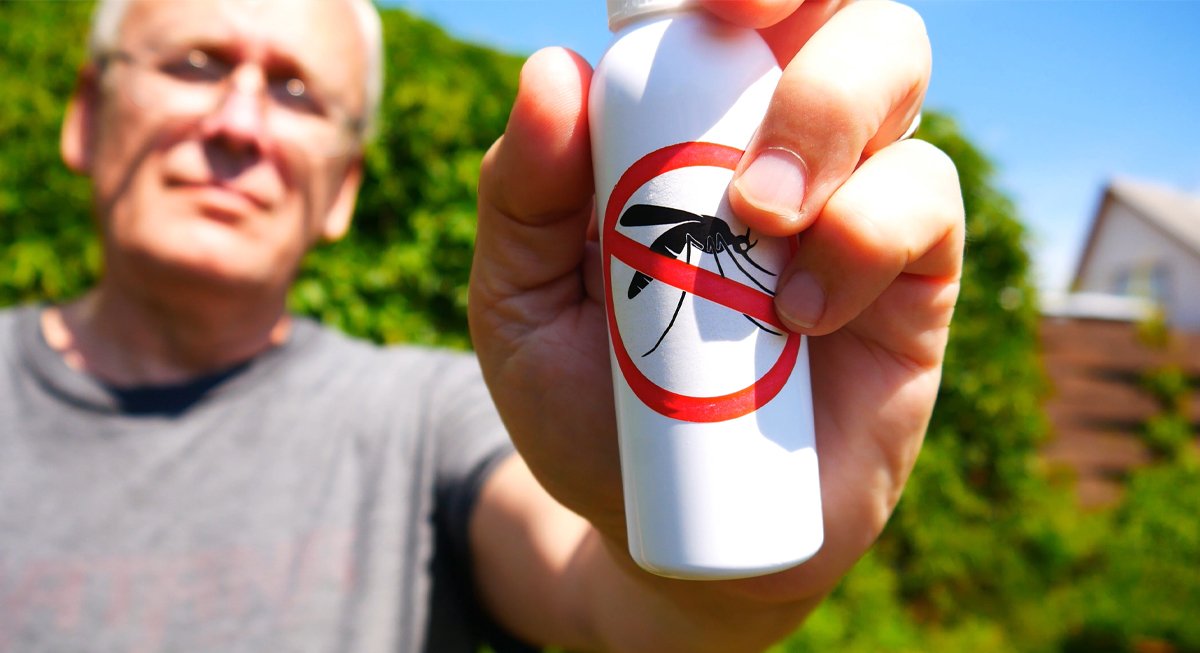Tired of ineffective bug and ant killers? Discover inventive and practical solutions that work wonders using common household items. From coffee grounds to boric acid, these unconventional methods are efficient and sustainable. Explore these intriguing strategies and reclaim your space from those annoying invaders. Pest control just got a lot more interesting!
Use Borax (Sodium Tetraborate)

Credit: pexels
Most ant and bug remedies flop. Try borax (sodium tetraborate). Chemically, it's Na2B4O7·10H2O. It disrupts their digestive systems. It's a sneaky, effective solution. Simple, cheap, and widely available, it's a game-changer for pest control. A practical fix when others fail. Give it a shot and watch the invaders vanish.
Tea Tree Oil

Credit: pexels
Fed up with ineffective ant and bug remedies? Tea tree oil might be your answer. Its primary compound, terpinen-4-ol, disrupts pests' cell membranes. This natural, eco-friendly alternative is simple to use: mix with water and spray. A non-toxic, interesting solution to annoying invaders.
Cinnamon Leaf Essential Oil
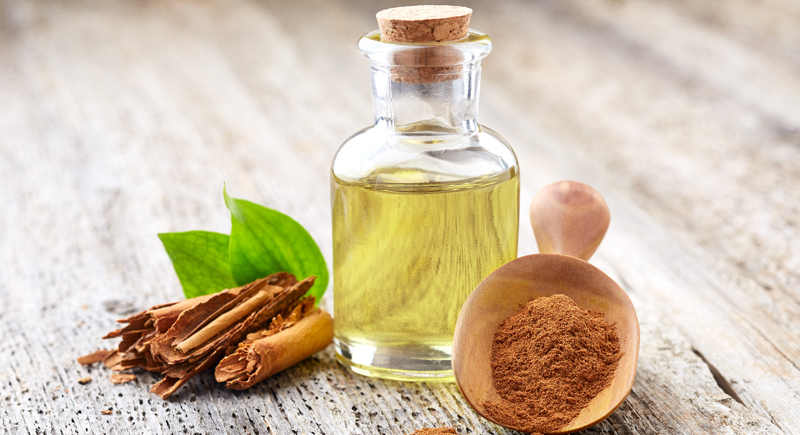
Credit: iStockphoto
Cinnamon leaf essential oil is a great alternative for pest control. Its main compound, cinnamaldehyde, disrupts their nervous systems. This natural remedy is both potent and aromatic. Simply dilute with water and spray. An eco-friendly and effective solution for persistent crawly visitors. Enjoy an elimination with a pleasant scent.
Diatomaceous Earth (Silicon Dioxide)

Credit: Wikimedia Commons
Made of fossilized algae, diatomaceous earth is a fantastic alternative for bugs. It dehydrates pests by damaging their exoskeletons, killing them instantly. This natural substance is safe for humans and pets. Simply sprinkle where needed. An effective, environment-friendly solution for stubborn ants and insects. Practical, straightforward control.
Lemon Eucalyptus Oil

Credit: unsplash
Lemon eucalyptus oil offers a fresh alternative for your unwanted guests. Its key component, p-menthane-3,8-diol, disrupts their nervous systems. This natural remedy is both potent and aromatic. Mix with water and spray on affected areas. A safe, sustainable solution for the mini-beasts. Enjoy a pleasant, effective elimination strategy.
White Vinegar

Credit: unsplash
Tired of failing traditional bug remedies? White vinegar might do the trick. Its acetic acid content disrupts the tiny intruders' scent trails, effectively deterring them. This common household item is both natural and effective. Simply spray it on the affected areas. A simple, sustainable approach to handling unwanted prowlers.
Liquid Detergent or Glass Cleaner

Credit: pexels
Liquid detergent or glass cleaner is handy for dealing with pests. Their surfactants and ammonia disrupt insects' exoskeletons and respiration. Using common household items, this method is both practical and efficient. Just spray directly on them. A clever, sustainable way to manage unwanted intruders at home.
Lemon
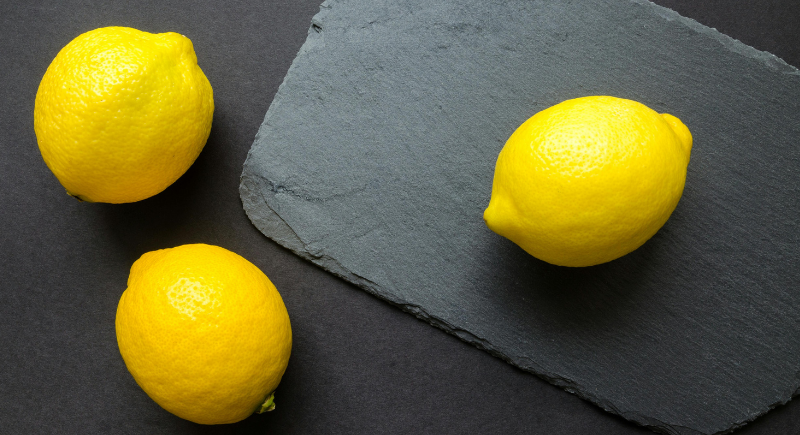
Credit: pexels
Citrus power can tackle crawly visitors effectively. Lemons contain citric acid, which disrupts their scent trails and kills them. This ecological solution is easy to use: just spray lemon juice on problem areas. An interesting, sustainable approach uses a common kitchen item to manage insect issues.
Ground Red or Black Pepper
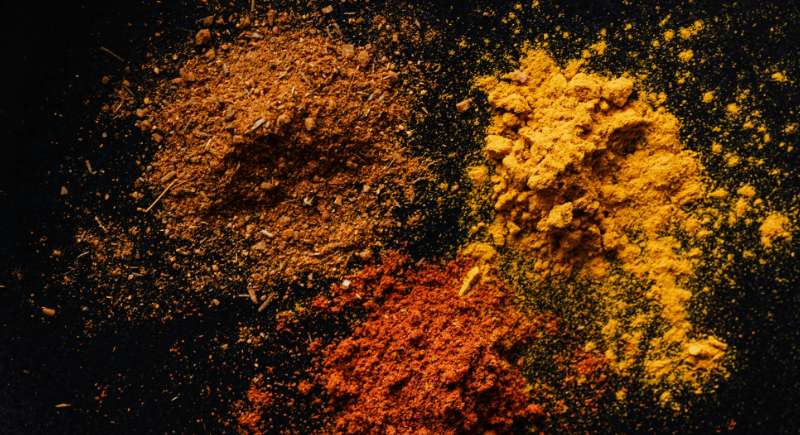
Credit: pexels
Spicy solutions can handle the tiny intruders efficiently. Ground pepper contains piperine or capsaicin, which irritates and repels insects. These spices are a common pantry item, providing an effective deterrent. Sprinkle around entry points and problem areas. This practical, environment-friendly approach keeps the encroachers at bay without harsh chemicals.
Peppermint

Credit: flickr
Minty freshness can deter ants and bugs. Peppermint is composed of menthol, which disrupts their nervous systems and repels them. This essential oil offers an effective and aromatic alternative. Dilute with water and spray around infested areas. Using this common ingredient makes managing the invaders effortless and nature-friendly.
Oil of Lemon Eucalyptus (OLE)
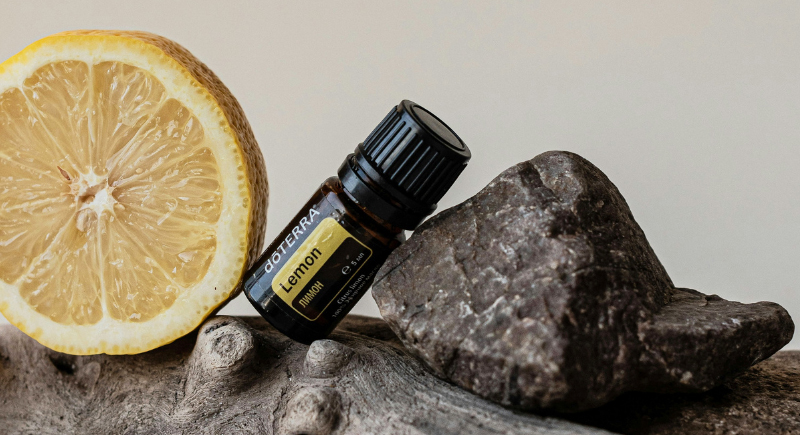
Credit: unsplash
The oil of lemon eucalyptus (OLE) is not the same as lemon eucalyptus essential oil, despite having similar names. Originating in Australia, the gum eucalyptus tree is the source of OLE. It contains p-Menthane-3,8-diol (PMD), a substance that effectively wards off insects.
Neem Oil
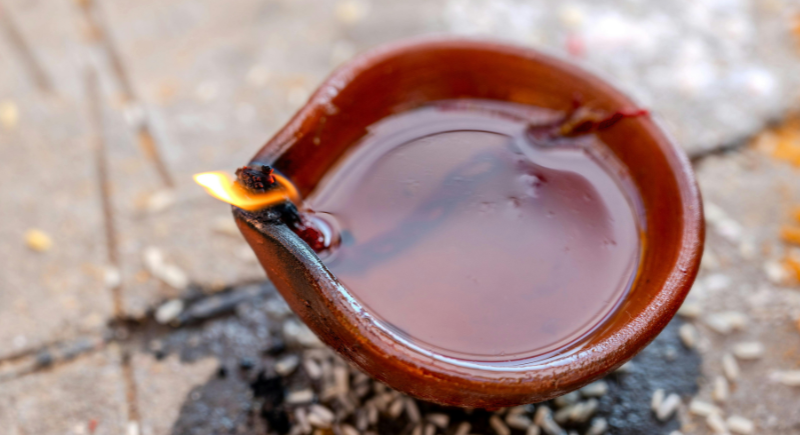
Credit: pexels
Neem oil is another of the solutions you knew nothing about. Containing azadirachtin, it interferes with their growth and reproduction. This botanical solution is effective and biodegradable. Mixed with water and sprayed, it offers a sustainable and reliable way to handle frustrating insects, utilizing an easily accessible, plant-based ingredient.
Cornstarch
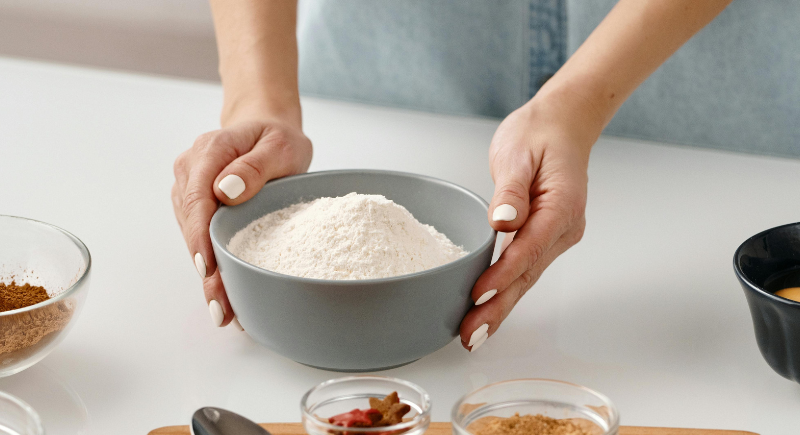
Credit: pexels
This might just be the end of your crawler problems. Composed of glucose polymers, it clogs insects' airways, suffocating them. This kitchen staple is effective and biodegradable. Sprinkle it directly on problem areas or create a paste with water. Utilizing cornstarch offers a practical, accessible strategy for managing mini-beasts.
Boiling Water

Credit: unsplash
As interesting as it may sound, boiling water works wonders. Composed of H2O, it kills insects instantly by causing thermal shock and internal damage. This everyday solution is highly effective and accessible. Pour directly onto ant mounds or bug-infested areas. It’s a straightforward, efficient method for destroying unwanted intruders.
Coffee Grounds

Credit: unsplash
You thought coffee grounds were just waste? Think again! Containing caffeine and diterpenes, they repel and disrupt insects. This unwanted product is both effective and biodegradable. Sprinkle around entry points or problem areas. Utilizing coffee grounds offers a practical, sustainable approach for managing ants and bugs while recycling your brew.
Boric Acid

Credit: Wikimedia commons
Apart from treating diaper rashes and insect bites, boric acid also kills crawly creeps. Composed of boron, hydrogen, and oxygen, it disrupts insects' digestive systems and exoskeletons. This resourceful powder is effective and widely available. Mix with sugar to attract pests, or sprinkle in problem areas for practical management.

